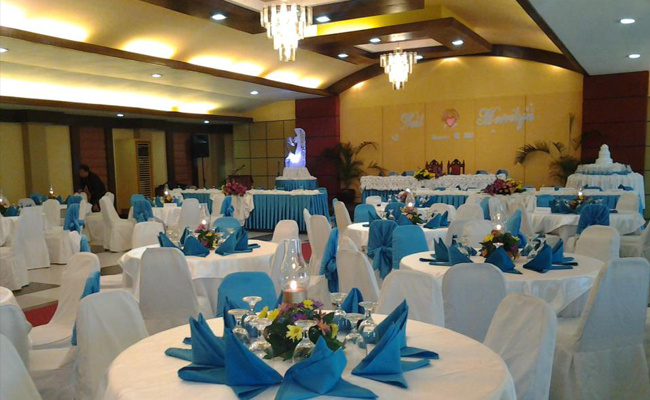Restaurant Wedding Catering Basics
Jul 03, 2018 | Divyesh AmiparaA wedding is one of the most important days in the couple’s life and the catering should reflect that. Being the most formal event caterers would cover, weddings for unrivalled timing and attention to detail. Further to this it’s essential to communicate with the bride and groom as well as the other vendors such as the photographer and DJ.
Wedding catering requires a lot more time to be devoted to it than the average event as well as transparency. It’s important to communicate exactly what services you’re providing for the wedding (food only, food and beverage, the wedding cake etc) and what supplies and equipment you’ll need to buy or rent for the job as this will determine the cost of your services.
Creating a menu
The brides and grooms of today are much more likely to eschew a traditional meal in favour of a unique menu. A wedding catering menu is going to add to the theme and essence of the wedding but from the caterer’s perspective has to be able to hold up for the duration of the ceremony.
Consider some different ways to serve the food such as tasting stations or an elaborate buffet. Something other than a traditional sit-down meal will be memorable for the married couple as well as all the guests.
While a wedding catering menu can be as simple or extravagant as you’d like to make it the best way to be successful is to know what the market wants. Look at some of your competitor’s menus and price points to get an idea of how much it costs to cater for a wedding and what the best wedding foods are.
The catering contract
A wedding contract will spell out exactly what service you’ll provide as a caterer for the wedding and ensure that both you and your clients are on the same page.
Services caterers commonly provide in addition to the food include that of transportation and cleaning up. These costs could be incorporated into the price of the meals or outlined as an additional extra. Whatever the case, with a wedding more than anything you’ll need to clearly state in the contract what services you’re will provide on the day as misleading your clients will likely result in disaster.
Common additional wedding services include:
- Cake cutting
- Cleaning
- Bar and/or Bartender
- Room and dancefloor fee (if you’re providing the location for the wedding or reception)
What you need to cater for a wedding
Transportation is one of the most important considerations you need to make for catering a wedding. If you’re catering for a smaller wedding your personal vehicle may suffice. For larger, more formal off premise receptions you’ll need a bigger vehicle with facilities to store the food and keep it warm or cool during transport.
The nature of formal weddings mean you’ll require a lot of equipment such as special glasses, flatware and plates for individual table settings. In most cases you’ll have to rent of buy all the equipment you need specifically for catering as even if you own a restaurant borrowing everything from there will have a negative effect on business. If you’re planning to cater for large events you need to be sure it’s what you want to pursue before you make the investments. Consider buying a smaller amount of supplies and renting the rest should the opportunity to cater for a large wedding come up. Once you gain the confidence of being able to provide for these big events you can then consider buying all the necessary supplies outright.
.png)












